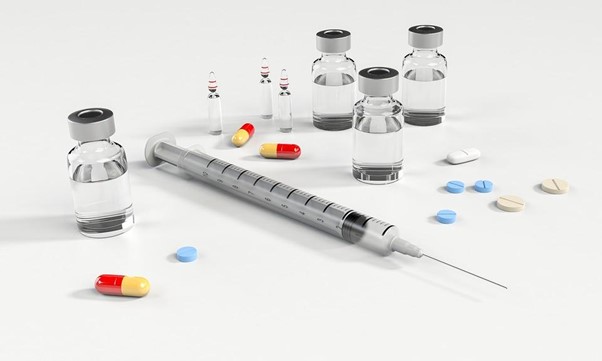
Medical negligence is something that affects thousands of people a year, and something that can have serious health and legal repercussions.
In fact, medical negligence is more common than you might think; it isn’t just limited to extreme events. Incorrect medication, dosage, or wellbeing negligence could also come under this umbrella.
Here, we’ll delve deeper into the concept of medical negligence and provide all the insight you need to understand what counts as medical negligence.
What Constitutes Medical Negligence?
Medical negligence can occur at any stage of the care process, from your treatment in your first appointment to your aftercare. This means that anyone involved in the process could be guilty of medical negligence, whether a GP or hospital staff.
Medical negligence encompasses anything that might cause harm to the patient. It’s defined as substandard care which causes injury or worsens an existing condition.
Read more: Clinical Negligence: Do I Have A Claim?
Incorrect Medication and Medical Negligence
Supplying incorrect medication is the most common form of medical negligence as it can happen at several different stages of the treatment process. In fact, the British Medical Journal estimated that, in England, there are approximately 237 million medication errors per year. Not only that, but ‘definitely avoidable’ medication errors result in 1,708 annual deaths.
Only 2% of medication errors result in serious harm, but it’s possible for it to cause lasting side effects or a delayed recovery. These often have a knock-on effect on the patient’s mental wellbeing and ends up making an already-difficult recovery even harder.
When is Medical Negligence Most Common?
Unfortunately, the highest culprit for medical negligence is care homes, which accounts for 42% of medication errors. It’s also not uncommon for care home workers to medicate residents in order to calm or quieten them, when in fact what they need is more interaction and mental stimulation.
The leading cause of death by incorrect medication is gastrointestinal bleeding, which is usually caused by non-steroidal anti-inflammatories (NSAIDs), aspirin, or warfarin (a blood thinner).
When Might you Have a Medical Negligence Case?
A case for medical negligence would have to involve harm caused as a result of the negligence. For example, if a doctor provided a misdiagnosis, this would count as medical negligence. However, there would be no grounds for a case if the patient were to recover with no lasting harm.
For a medical negligence case, you must be able to prove that the healthcare provider had a duty of care to you that was not fulfilled, and that you suffered damages as a result that require compensation.
If you’re pursuing a claim as a result of the negligence, you can file the claim against the individual doctor, nurse, or healthcare provider themselves. You may also be able to claim against the establishment in which you received your treatment, such as a hospital.
Know Your Medical Rights with Howells
Do you think that you or someone you know is a victim of medical negligence, including incorrect medication? If so, get in touch with our team of medical negligence experts.
We have a no-win no-fee policy, so there’s nothing to lose by giving us a call. We can advise you on whether your case is likely to be successful.

